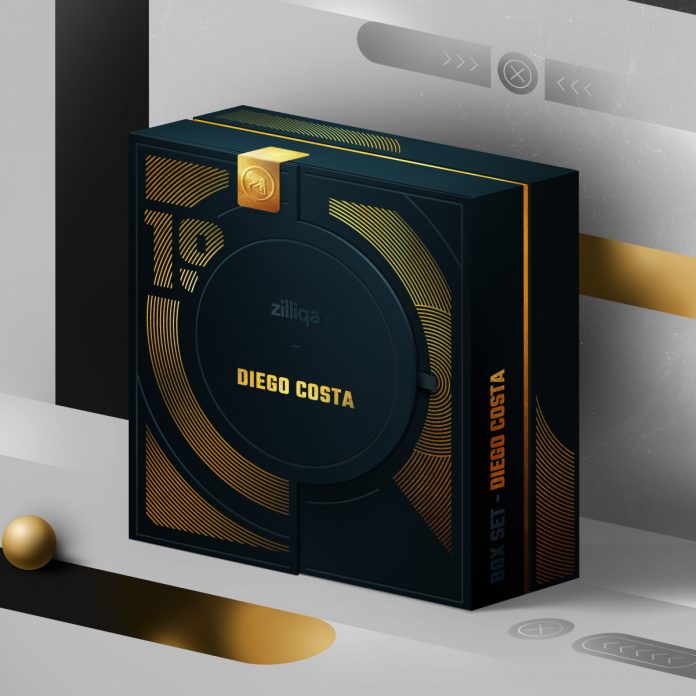Non-fungible tokens (NFTs) have grown significantly as a new and innovative method to elevate fan engagement exponentially.
As they have established a space in the sporting world, we spoke to Amrit Kumar, President and Chief Scientific Officer at Zilliqa about the evolution of NFTs.
PE: Do you want to start by providing a rundown of what exactly NFTs are and the value they provide?
AK: NFTs are basically digital assets that sit on a blockchain, and the benefit of creating this blockchain is that for one, you can know who created the NFT and who is the owner of that NFT and at the same time, every time the NFT gets transferred from one person to another one, you can actually have that trail and that trail is established by the blockchain.
It’s not possible for someone to come out and say ‘here’s my NFT and that NFT I bought from someone else’, because that could be verified very easily by the underlying blockchain. That’s kind of the main benefit of NFTs, these are digital assets which are non-fungible, so these are unique. They have a certain value associated with it and they are backed by blockchain so you can trace and track the flow of that token across time.
PE: How can NFTs generate new streams of revenue and income for clubs and players?
AK: If you buy a book today, you get royalty but when that book gets sold in the secondary market, the author doesn’t get any royalty. If things are digital, that becomes much easier and that’s kind of what’s happening where players or celebrities who are creating those NFTs will have a certain percentage of royalty going back to them for every secondary trade.
So, it’s not just for the primary sale – if I buy from the player directly, it’s not just that time because when I sell my NFT to someone else, even in that case a percentage of that profit goes back to the player so this gives a very strong incentive for players. They could forever have royalty. That’s the strong way that has been very difficult for most parties to monetise which NFTs and digital assets have been able to do so.
PE: So, from that perspective, do you think NFTs are more suited to the bigger teams and players?
AK: There are all sorts of entities out there in the marketplace and there are NFTs which cost $5 like the NBA Top Shot in the US used for the NBA championships – they were no less than $5. There are certain entities that are more expensive, but obviously there are going to be all sorts of products in the market, some which you can buy for $1 and some for some you may have to spend $6 million or $100 million to buy them.
Of course, not all fans are super rich. People who are building some of these or developing some of these assets, they will have to be mindful that if you build something that costs $1 million, you won’t have a reach that’s going to be as wide as if you buy something that costs us $10.
PE: On a final note, how do you see the future of NFTs and how can they continue to innovate for teams and leagues?
AK: We are at the very beginning of sports NFTs and I do feel that fan engagement is very important. People are spending a lot of time and resources and not just fan engagement but even for fantasy sports these days and esports. A lot of these NFTs can also play a part in becoming like a collectible within a game as well. We are seeing people building alternative metaverses where you could live, play and you know, do things, and interact with friends. In that space, you will be using a lot of these NFTs in different formats.
Again, that applies to sports and I’ve been reading an article the other day where sports personalities are asking their fans for engagements, and they ask people to vote for certain things. Oftentimes, fans would like to participate in that decision making and they would like to even put the capital at risk to participate in those in those are voting and decisions. I would say that I would say that you know a lot of a lot of engagement, one-on-one engagement will happen through fan tokens and a lot of celebrities, even YouTubers today, are trying to tokenise themselves in a better way by issuing tokens and there’s no reason why that cannot apply to sports people and sports personalities.























